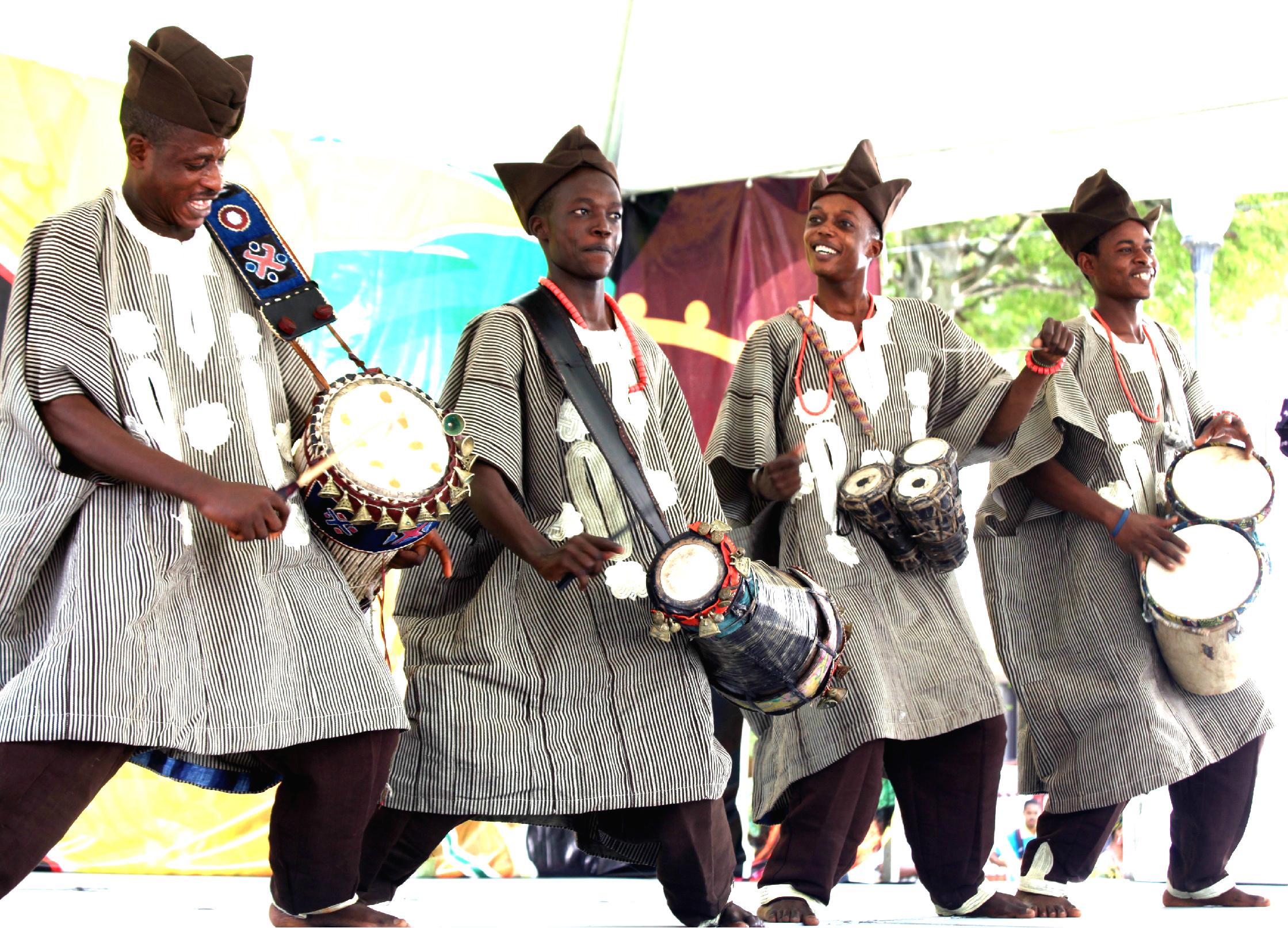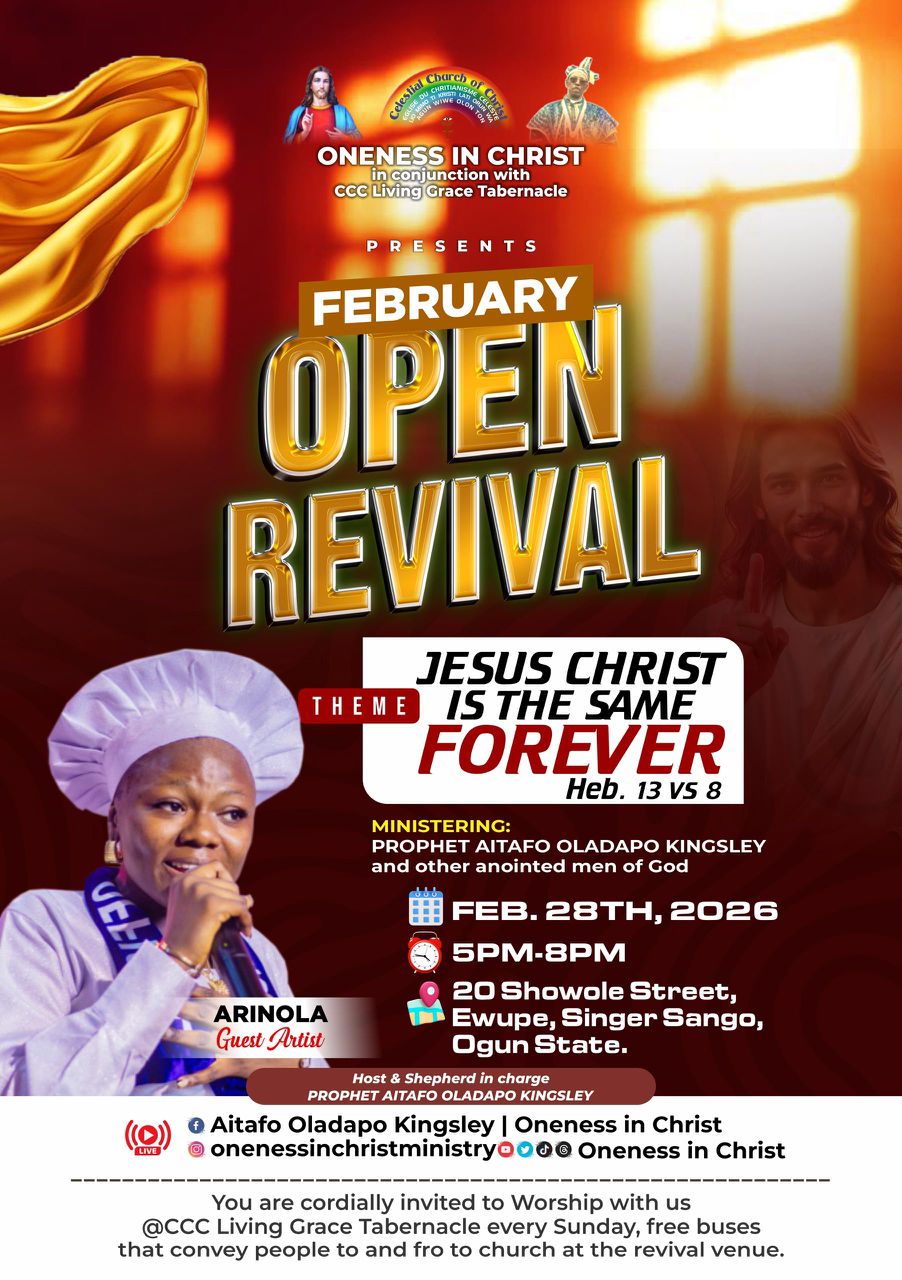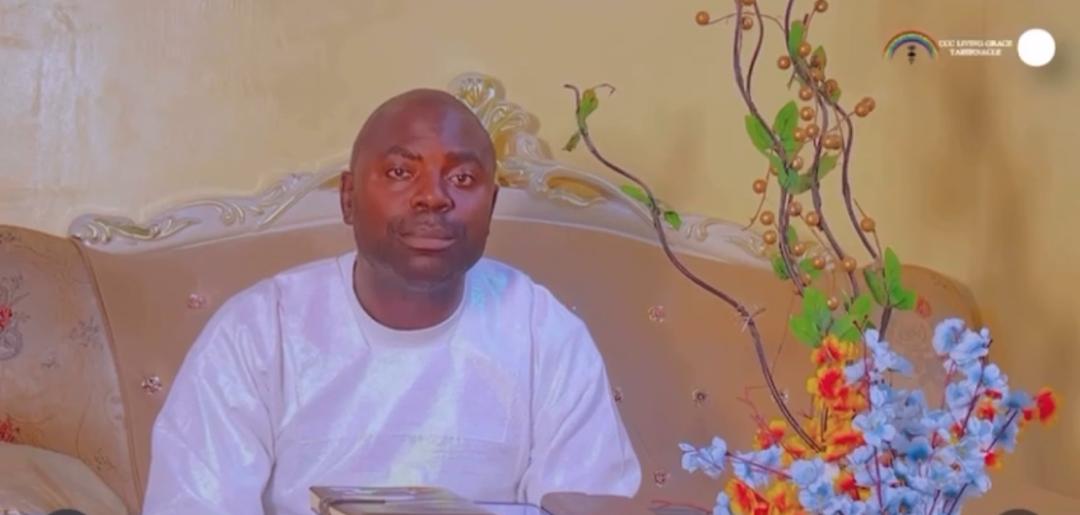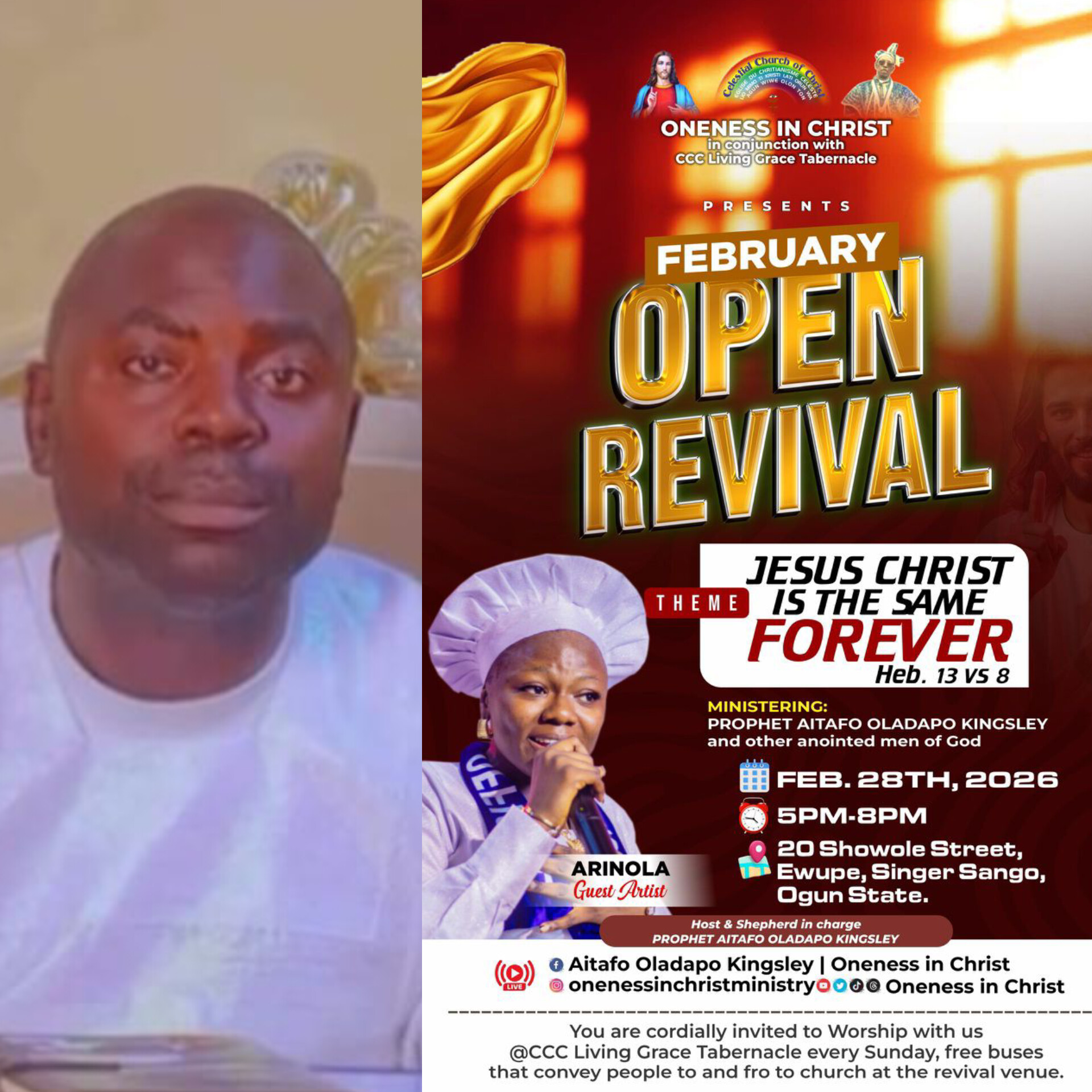news
Brazil adopts Yoruba as official language

The Brazilian government has given Yoruba a pride of place among foreign languages spoken in the country. in an exclusive interview with the Brazilian minister of culture
Dr Sérgio Sá leitão at the weekend in Brazil that the government has introduced the compulsory study of African History and Yoruba language into the primary and secondary schools curriculum.
The minister spoke at an event where the Institute of African Studies, University of Sao Paulo, in Brazil paraded important dignitaries including Nigerian artists and historians, as well as professors of arts and African studies at a lecture on the importance of Yoruba language in the Brazilian culture and tradition.
According to him, the inclusion of African History and Yoruba Language in the curriculum would help bring the closeness of the African Brazilian people to their roots and thus encourage the understandings of the language among other important languages in Brazil apart from Portuguese which is the official language.
The minister also mentioned the role played by Brazil during the festival of arts and culture, ‘FESTAC 77’, held in Lagos, Nigeria in 1977; the constant intercultural programmes between Nigeria and Brazil; the annual carnival of Arts, music and cultural displays featuring prominent African artists and Yoruba writers such as Yinka Shonibare, Adeyinka Olaiya, El Anatsui among many others, including the highly respected Yoruba writer, Professor Wande Abimbola.
Speaking at the event, Peruvian Nobel laureate, Prof. Mário Vargas Llosa also made mention of the African community in Peru where the African Peruvians are settled till date. Vargas Llosa, who won the Nobel Prize in Literature in 2010, is known as one of Latin America’s most significant novelists and essayists, and one of the leading writers of his generation.
According to Vargas Llosa, Yoruba people and their culture have helped the universe, IFA has proven his existence in the beings of mankind right from the inception and IFA is still very much alive and needs to be recognized even more than it is today.
According to Prof Mário Vargas, the Yoruba language should no longer be approached as an ethnic language but a universal language that is alive in culture and tradition of the Africans and her roots around the universe.
Speaking in Yoruba and Portuguese, Prof Katiuscia Ribeiro of the Institute of African Studies drew attention to the African philosophical practices introducing the constant representation of the Yoruba culture and religion in the Brazilian traditional beliefs.
NewsmakersNG learnt that the Yoruba traditional religion today comes after the Catholic practices as the most improving religious practices in the South American country. Several houses of worships called “ILE ASE” are having the Yoruba culture, tradition and language as official, whenever the cults are declared open for the day. Babalawo, Iyalawo, Omo Awo, and Aborisa are all common Yoruba usages in the practice of the Yoruba religion called Candomblé in Brazil.
A Nigerian carnival artist, painter and illustrator, Adeyinka Olaiya, also expressed the benefits the Yoruba language would bring to the Brazilian culture if fully integrated into the Brazilian educational curriculum.
According to Olaiya, living in Salvador, Brazil, is like living in any of the western states of Nigeria where the Yoruba are predominantly located.
He said, “Most of the cultures and traditions in evidence in Brazil are all of the heritages brought along to the Latin American country by the majority Yoruba families, victims of the BARCO NEGREIROS, the NEGRO BOAT that forcefully brought the enslaved West Africans to Brazil in the 13th century.
The Yoruba heritage that represents the majority of the African cultural practices in Brazil today is having several words in Yoruba roots. Akara, Dendê, Iyalode, Babalawo, Iyalawo and lots more are all derived from the Yoruba roots.
news
Journalists for Good Governance Shines Searchlight on Local Government Administration

Journalists for Good Governance Shines Searchlight on Local Government Administration
…Calls for Accountability in Nigeria’s Grassroots Governance
LAGOS, Nigeria — A civil society coalition known as Journalists for Good Governance(JGG) has intensified public debate on transparency and accountability within Nigeria’s local government system, urging media professionals, civil society actors, and citizens to hold grassroots leaders accountable.
Speaking an event in Lagos recently, the acting chairman of the society, Comrade Bunmi Obarotimi said that despite reforms such as the Supreme Court’s 2024 ruling granting financial autonomy to all 774 Local Government Areas (LGAs), systemic challenges continues to hinder effective service delivery and responsible stewardship of public funds.
“Local governments are the closest tier of government to the people — yet too often they remain the least transparent. Without civic oversight and vibrant media, promises of autonomy ring hollow.” the acting chairman said.
The Journalist for Good Governance emphasised crucial roles that journalists can play in uncovering discrepancies in council spending, flagging poor service delivery, and educating citizens on their rights. Their call comes amid wider efforts by media and civic organisations to bridge accountability gaps. The civil society initiatives had previously launched monitoring campaigns to track local government expenditures and have been quietly advocating for transparency in how public money is deployed.
The leaders of the Journalists for Good Governance (JGG) highlighted the importance of physical assessment and citizens engagement on projects to boost people’s confidence, urging local councils to adopt open data platforms and proactive information dissemination in compliance with the Freedom of Information Act. Experts say the majority of LGAs currently lack operational websites or digital portals, further limiting public scrutiny.
The Journalists for Good Governance initiative aligns with sustained advocacy by civil society groups and governance experts calling for a collective approach to strengthening democratic accountability, and has decided to engage in critical and holistic assessments of how Local Governments is being run and the impact and quality of projects they embark-on and to address deficits in transparency and public trust.
Meanwhile, some state governments have signalled support for improved community engagement. In Lagos State, authorities reiterated a commitment to enhancing community media platforms as vehicles for civic participation and accountability at the grassroots level.
The renewed spotlight on local government administration has reignited public debate over fiscal responsibility and priorities. Controversies such as the widely criticised Adamawa council chairmen’s wives trip to Istanbul — which drew public outrage for perceived misuse of public funds — underscore why watchdog groups say stronger oversight mechanisms are urgently needed at the grassroots.
Citizens and activists have welcomed the journalists’ initiative, calling for sustained media engagement that goes beyond headlines to influence policy and accountability reform.
The civic rights advocates note that real change will require robust legal frameworks, a free press, and empowered communities equipped to demand transparency at every level of governance.
As Journalists for Good Governance mobilises its members, the coming months are likely to see heightened media attention on grassroots administration — from council budgets and service delivery to the enforcement of public information laws and digital transparency initiatives.
news
ANOTHER PROPHECY FULFILLMENT BY PROPHET KINGSLEY AITAFO OVER THE EXIT OF DR. KENOLY, ANNOUNCING FEBRUARY’S OPEN PROPHETIC REVIVAL

ANOTHER PROPHECY FULFILLMENT BY PROPHET KINGSLEY AITAFO OVER THE EXIT OF DR. KENOLY, ANNOUNCING FEBRUARY’S OPEN PROPHETIC REVIVAL
– Another Prophecy Fulfillment by Prophet Kingsley Aitafo Following the Passing of Ron Kenoly Ahead of February Open Prophetic Revival
– Prophet Kingsley Aitafo Records Another Prophecy Fulfillment as February Open Prophetic Revival Is Announced
In the released prophecies for 2026, renowned Nigerian cleric, Prophet Kingsley Aitafo, shared a series of revelations touching on Nigeria’s economy, global events, political transitions, natural disasters, religious transformations, and the future of world leaders.
During a special prophetic session, the prophet stated that he foresaw the departure of two world-renowned musicians in 2026 and urged the Nigerian people and the global community to pray for them.
He urged Nigerians and everyone around the globe to pray for the musicians, among other prophecies, and already gave insight concerning them.
On February 3, 2026, American gospel singer, songwriter, and worship leader Ron Kenoly passed away at the age of 81. Widely known as the “Professor of Praise,” Kenoly was celebrated for anthems such as “Majesty” and “Lift Him Up,” which have significantly influenced modern congregational worship around the world.
He was recognized as a pioneer of the contemporary praise and worship movement, leading Scripture-based worship services that became widely adopted in churches across different nations and cultures.
The development has been described by followers of Prophet Kingsley Aitafo as a confirmation of the prophecy earlier declared in the year.
Meanwhile, Prophet Kingsley Aitafo, leader and shepherd in charge of Oneness in Christ, in conjunction with CCC Living Grace Tabernacle, invites everyone to its February Open Revival. It is a prophetic service determined to change lives through miracles, healings, signs, and wonders.
It is not an ordinary service; it is another time for a divine encounter where your faith is strengthened, prayers are answered, and breakthroughs and favour are about to rain. With its theme — Jesus Christ is the same forever — the revival is promised to release the power of Jesus Christ like never before. It is a period of shift and divine encounter.
This revival service is said to hold on the 25th of February, 2026, from 5pm – 8pm at 20, Showole Street, Ewupe, Singer Sango, Ogun State.
It is a season where God is ready to reveal Himself like never before. Members of the public are invited to attend.
news
GEN CHRISTOPHER GWABIN MUSA SUPPORT INITIATIVE COMMENDS STATE-FEDERAL COLLABORATION IN ZAMFARA

GEN CHRISTOPHER GWABIN MUSA SUPPORT INITIATIVE COMMENDS STATE-FEDERAL COLLABORATION IN ZAMFARA
The Gen Christopher Gwabin Musa Support Initiative (GCGMSI) has commended the Zamfara State Government for its decisive contribution to security operations through the donation of newly acquired armoured personnel carriers (APCs), surveillance drones, and other critical operational equipment to troops and security agencies in the state.
This commendation was contained in a statement signed by the Convener of the GCGMSI, Ibrahim Dahiru Danfulani, Sadaukin Garkuwan Keffi/Betara Biu, and made available to the press.
The equipment was formally commissioned on Wednesday, February 18, by the Grand Patron of the GCGMSI and Minister of Defence, General Christopher Gwabin Musa, OFR (rtd.), in a ceremony at the Government House, Gusau. The event was attended by senior military officers, heads of security agencies, and top officials of the Zamfara State Government.
The GCGMSI, in its statement, hailed the donation as a “transformative and timely intervention” that aligns perfectly with its core objective of advocating for and supporting tangible measures that enhance the operational capacity and welfare of Nigeria’s security forces. The Initiative praised Governor Dauda Lawal’s administration for moving beyond rhetoric to actionable, material support, describing the move as a “blueprint for state-level collaboration in national security.”
“The provision of these assets by the Zamfara State Government is a testament to visionary leadership and a profound commitment to the peace and stability of its people,” the GCGMSI statement read. “It represents the exact kind of synergistic partnership between state and federal authorities that the GCGMSI champions. This initiative will significantly close operational gaps, boost the confidence of our gallant troops, and send a strong message to criminal elements.”
Speaking at the commissioning, General Musa emphasized that sustained collaboration is indispensable in confronting the nation’s evolving security challenges. He specifically commended Governor Lawal for his proactive support.
“Governor Dauda Lawal has demonstrated exemplary leadership and an unwavering dedication to the security of Zamfara State,” the Defence Minister stated. “The provision of these armoured vehicles, surveillance drones, and other operational equipment will undoubtedly boost the morale and operational effectiveness of our troops and other security agencies on the ground. This is a commendable effort that should be emulated by others.”
The newly commissioned assets, which include multiple APCs and advanced surveillance drones, are expected to dramatically enhance the mobility, protection, intelligence-gathering, and rapid response capabilities of security forces, particularly in the state’s remote and difficult terrains where anti-banditry operations are ongoing.
In his remarks, Governor Lawal reiterated his administration’s steadfast commitment to being a reliable partner in the security architecture. He urged security agencies to deploy the new resources responsibly and effectively to safeguard lives and property.
The Federal Government, through the Ministry of Defence, reaffirmed its commitment to continuing and deepening such partnerships with state governments across the nation to strengthen coordination and resource allocation in the collective fight against insecurity.
The GCGMSI concluded its statement by urging other state governments to take a cue from Zamfara’s “bold and pragmatic” approach, affirming that such concrete support is vital for achieving lasting peace and security across Nigeria.
-

 celebrity radar - gossips6 months ago
celebrity radar - gossips6 months agoWhy Babangida’s Hilltop Home Became Nigeria’s Political “Mecca”
-

 society6 months ago
society6 months agoPower is a Loan, Not a Possession: The Sacred Duty of Planting People
-

 society5 months ago
society5 months agoReligion: Africa’s Oldest Weapon of Enslavement and the Forgotten Truth
-

 news6 months ago
news6 months agoTHE APPOINTMENT OF WASIU AYINDE BY THE FEDERAL GOVERNMENT AS AN AMBASSADOR SOUNDS EMBARRASSING






You must be logged in to post a comment Login